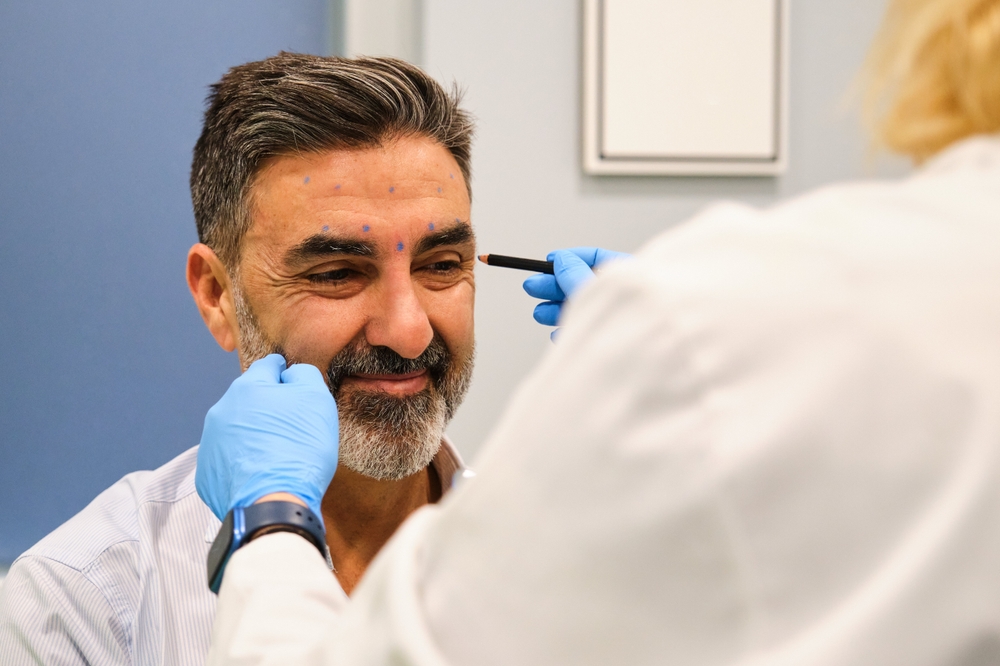If you’ve been told your Thyroid Labs are “fine,” but you still feel exhausted, foggy, moody, or like your body just isn’t cooperating, you’re not alone. Millions of people, especially women live with ongoing thyroid symptoms despite being told everything checks out. At The Institute for Functional Health, we hear this every week.
And we’re here to tell you: “normal” doesn’t always mean optimal.
Let’s break down what your thyroid labs might be missing and how to get the full picture.
What Standard Thyroid Labs Usually Measure
Most traditional providers only run TSH (thyroid-stimulating hormone) when checking thyroid function. In some cases, they’ll include free T4, one of your main thyroid hormones. But that’s where it usually ends.
That’s like trying to understand a whole orchestra by listening to one instrument. Sure, it gives you a clue but not the whole story.
Here’s what’s typically included in a standard test:
- TSH – Tells your brain to signal the thyroid
- Free T4 – Measures how much inactive thyroid hormone is circulating
While important, these two values alone can miss a lot.
What They’re Missing and Why It Matters
When your body’s trying to tell you something, you deserve to hear the full message, not just part of it. That’s why we run a complete thyroid panel that looks deeper into the function and conversion process.
Here’s what else we look for:
- Free T3 – The active thyroid hormone. Low levels here are often responsible for symptoms like fatigue, cold intolerance, weight gain, and brain fog even if TSH and T4 are normal.
- Reverse T3 – This can block your body from using active T3, especially during stress or illness.
- Thyroid antibodies – These help identify autoimmune conditions like Hashimoto’s, which is one of the most common (and most underdiagnosed) causes of hypothyroidism.
Without these markers, major thyroid dysfunctions can go undetected for years.
“But My Labs Are Normal”- What Next?
We get it. You’re not imagining things.
If you’re still dealing with symptoms like:
- Constant fatigue
- Mood swings or anxiety
- Hair thinning
- Cold hands and feet
- Unexplained weight gain
- Irregular periods or low libido
…and your provider keeps telling you your Thyroid Labs are “fine,” it’s time to go deeper.
What we do differently at IFFH:
- Run a complete thyroid panel (not just TSH)
- Evaluate lab ranges using optimal values, not just the broad “normal” spectrum
- Pair your labs with a full review of your symptoms, lifestyle, and health history
- Design a personalized plan that supports thyroid function from every angle nutrition, hormones, stress, gut health, and more
Why Optimal > Normal
Here’s the deal: lab ranges are based on population averages not wellness targets.
So you could be at the bottom end of the “normal” range and still feel terrible. We don’t just ask if your numbers fall within the lines. We ask if they match how you want to feel.
Because “technically normal” shouldn’t mean chronically exhausted.
Take Action Don’t Wait for It to Get Worse
Your thyroid is connected to everything: energy, mood, metabolism, hormones, even digestion. If it’s off, your whole system feels it.
The good news? With the right testing and support, you can turn things around. We’ve helped hundreds of patients uncover the real reason behind their symptoms and feel better again.
Ready to stop guessing?
Let’s get you a full picture of your Thyroid Labs and a real plan to move forward.












